
Author: Isabel Grijalva
- Support the protection of 30% of the ocean in Marine Protected Areas by 2030 by signing this petition: https://www.campaignfornature.org/ #Campaignfornature
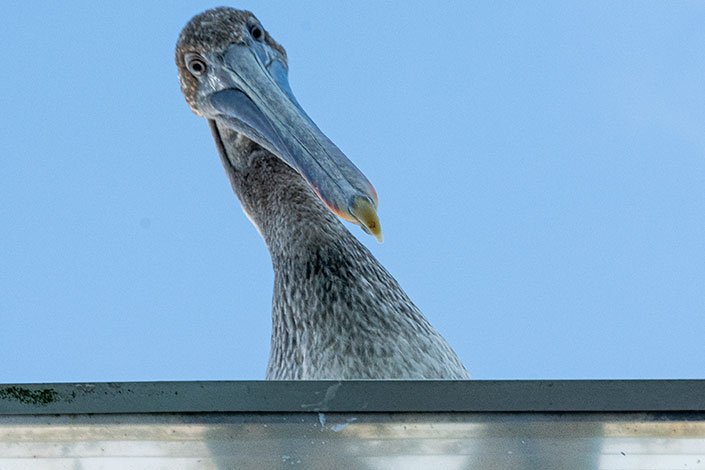
2. Reduce your plastic usage
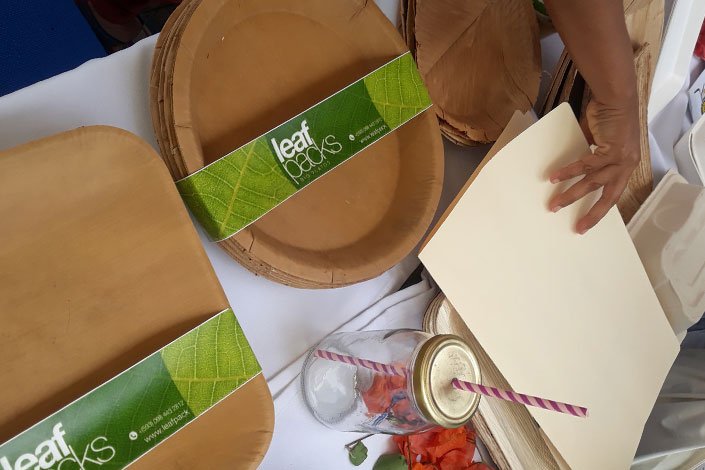
The more plastic you use, the more plastic ends up in the sea. Over 50% of sea turtles found dead have ingested some form of marine litter. Plastic debris in the ocean degrades marine habitats and contributes to the deaths of many marine animals. Help prevent these unnecessary deaths — use cloth grocery bags and reusable water bottles.
3. Recycle
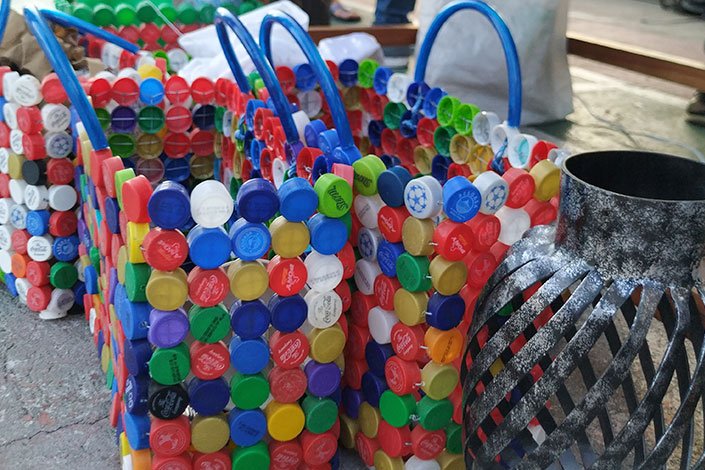
If you cannot avoid using or buying plastic, remember to recycle it. Non-recycled items, particularly plastics, end up reaching the ocean or end up in landfills across the globe.
4. Use less fertilizers in your garden
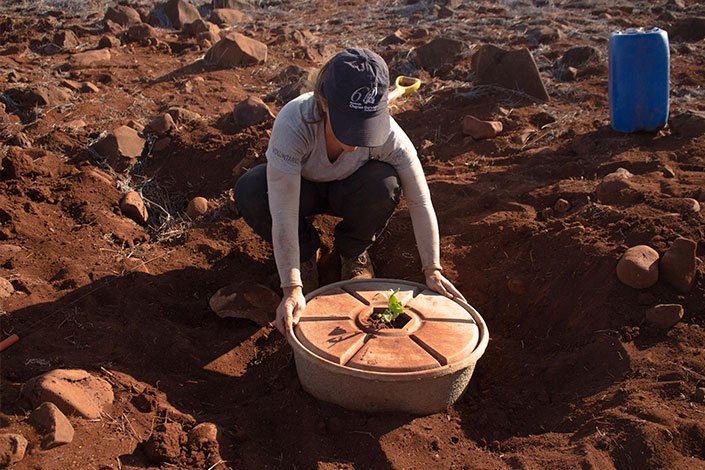
When fertilizers are used in gardening and agriculture, the excess eventually ends up in the ocean.
5. Take part in a beach clean-up
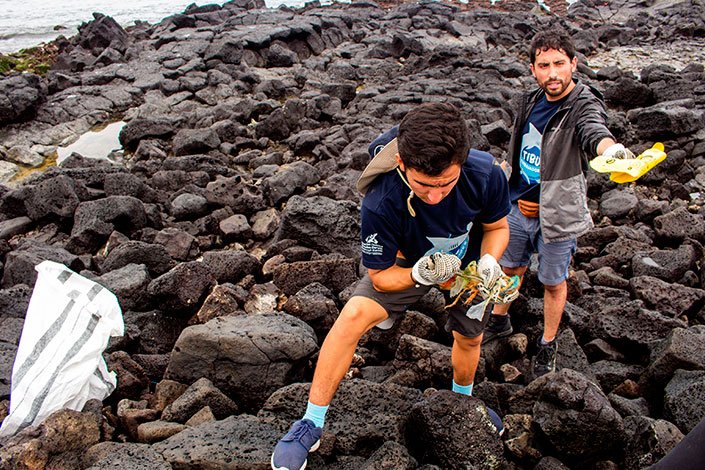
You can very likely see ocean pollution first-hand when visiting your local beach. Join your community and help clean up your local beach, it is highly rewarding and a great way to meet people. Or if one does not exist, why not start your own?
6. Reduce your energy consumption
The ocean absorbs over 25% of human carbon dioxide emissions. Amazingly, by consciously decreasing your energy use at home and work (e.g., set your screen to turn off if you do not use it for longer than five minutes, turn off your computer and unplug devices when they are not in use, turn off lights in rooms you are not using, etc.), you can help reduce the effects of climate change on the oceans.
7. Respect your beaches
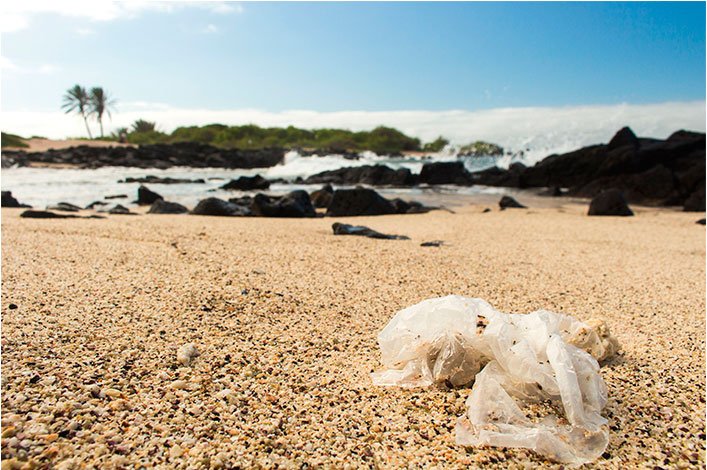
The ocean is to be enjoyed by all, but we must also respect it. Explore and appreciate the ocean without interfering with wildlife or removing rocks, corals or any live animals. And remember to clean up after yourself.
8. Shop Smart
Microplastics from your toothpaste, body wash, and clothes enter the ocean with wastewater. It’s estimated that at least 51 trillion microplastic particles are already in our ocean today. This not only puts animals that ingest the tiny particles at risk, but also humans, to whom the plastic gets passed on when eating seafood. Take a look at the ingredients. If it contains anything like “polypropylene”, “polyethylene”, “polyethylene terephthalate” or “polymethyl methacrylate”, don’t buy it!
9. Influence Change in Your Community
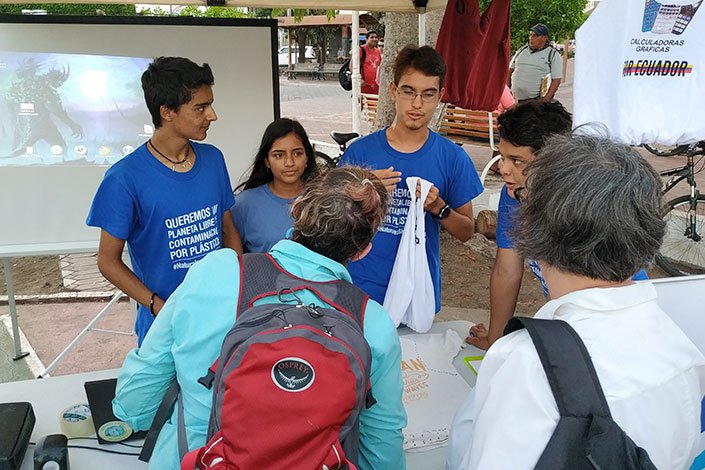
Research the ocean policies of public officials up for election before you vote or contact your local representatives to let them know you support marine conservation initiatives.
10. Support organizations helping to save the oceans
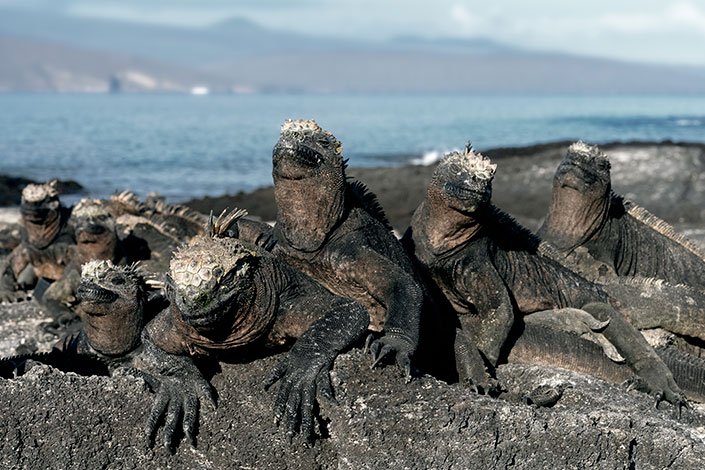
There are many organizations worldwide working every day to conserve our oceans. Through following their efforts, sharing them with friends and making any sort of donation, you are making a difference. The Charles Darwin Foundation is a nonprofit working in the Galapagos Marine Reserve to ensure the unique habitats and species found there are well-protected. For more information on how to support CDF please visit here.
We would like to know how you are supporting the oceans. Please share with us what you have learnt about the oceans and how you have helped by tagging us on Facebook (Charles Darwin Foundation) Instagram (@CharlesDarwinFoundation) and twitter (@DarwinFound). Also remember to share this information with your family, friends and community!





